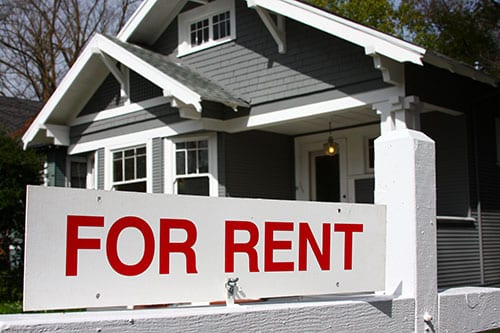Rental Property – Is it an Investment or Does it Qualify as a Business?
There is a nice list of tax advantages available to rental real estate investors, but the list gets longer if the activity qualifies as a business with the IRS instead of as an investment. This is independent of whether it is a single-family home or a multi-unit apartment building. With the IRS there are always tests to see if you get the goodies. There is not a hard set of specific rules, but over time there are some basic things that can qualify your rental property(ies) as a business rather than an investmenti.
You, or someone you hire, regularly spends time at the unit(s) in management activities, maintenance, and repairs.
You, or someone you hire, handles the advertisement of vacant units, screens, and interviews prospective tenants, and enforces property rules.
You, or someone you hire, cleans units, and readies them for new tenants when tenants move out.
Property type, residential or commercial may be a factor.
Day-to-day involvement of the owner or their representatives.
Whether leases are short or long term.
All required IRS information forms are filed.
Basically, you should be regularly and actively engaged in managing and caring for rental properties for a profit. Some of these rather open rules have been interpreted by court cases.
Some things can disqualify your rental activities as business, making them investments. One is the NNN, triple-net lease arrangement where the tenant is paying all taxes, insurance, and expenses. Though NNN leases are mostly used in commercial leasing, should you have an agreement with a residential tenant that requires them to take care of the property, the IRS could decide that you are not in business. Renting out property only to relatives or friends can also result in disqualification.
If you have any doubts, consult with a tax professional, but qualifying as a business gets you some extra tax benefits, including:
Home office deduction
Start-up expenses deduction
Section 179 for accelerated write-offs for depreciable assets
Those are all valuable, but the current most valuable deduction you could qualify for would be the QBI pass-through deduction of up to 20% of net rental income. The IRS created a special safe harbor rule that can allow you to qualify as a business only for the QBI pass-through deduction, but for no other purposeii. To qualify under safe harbor, an owner/landlord must:
The owner or their agents/employees must perform a minimum of 250 hours of rental services activities during the tax year.
Records must be kept of all services performed and the time involved.
For each rental real estate business enterprise, separate income and expense records must be maintained.
You only need to meet these requirements if your rental(s) do not qualify under the regular rules. If it does meet the regular requirements, you can take advantage of the pass-through in most cases. Again, it is always a good idea to go over details with a tax professional, especially if you are about to acquire rental properties.
i Is Your Rental Activity a Business or Investment?, NOLO.com
ii Section 199A Trade or Business Safe Harbor: Rental Real Estate, from the IRS Memo 2019-7

